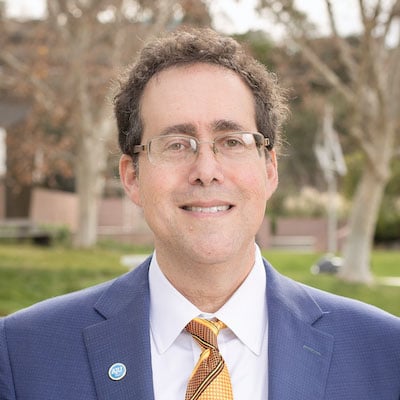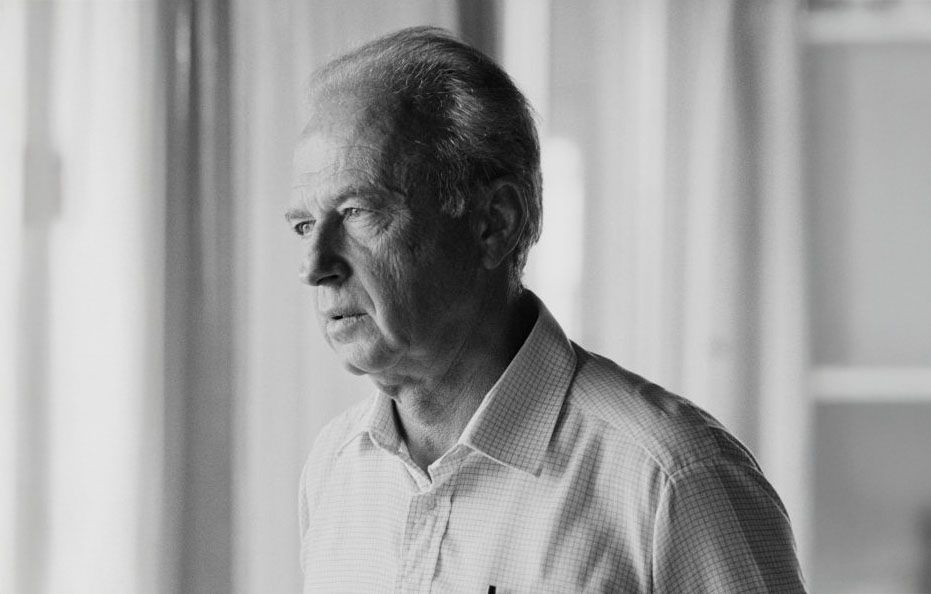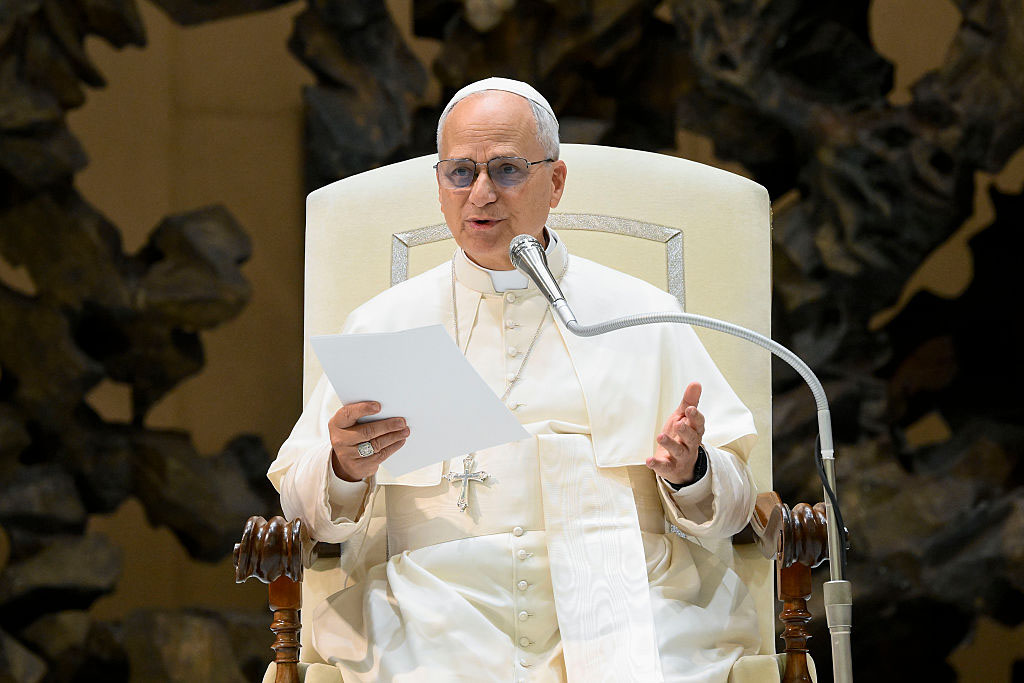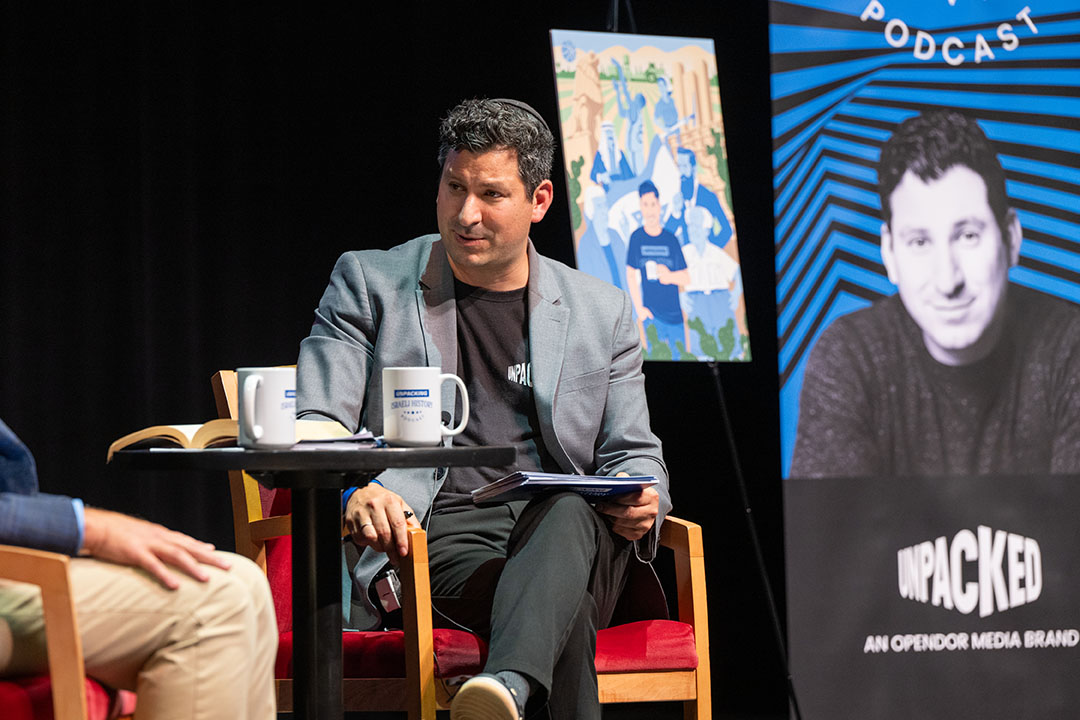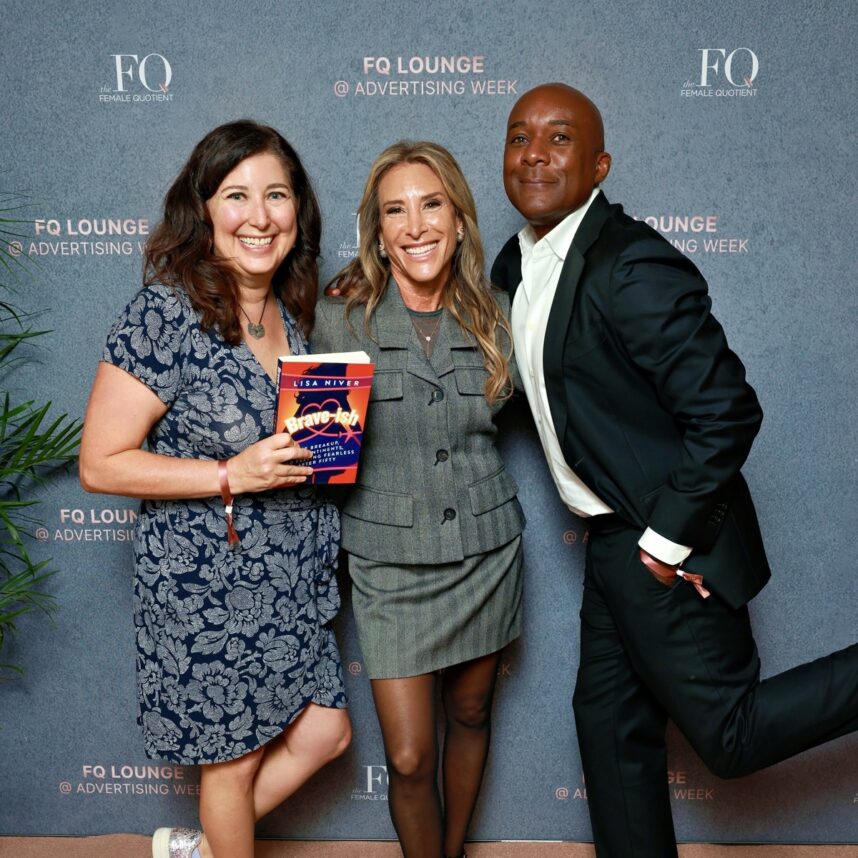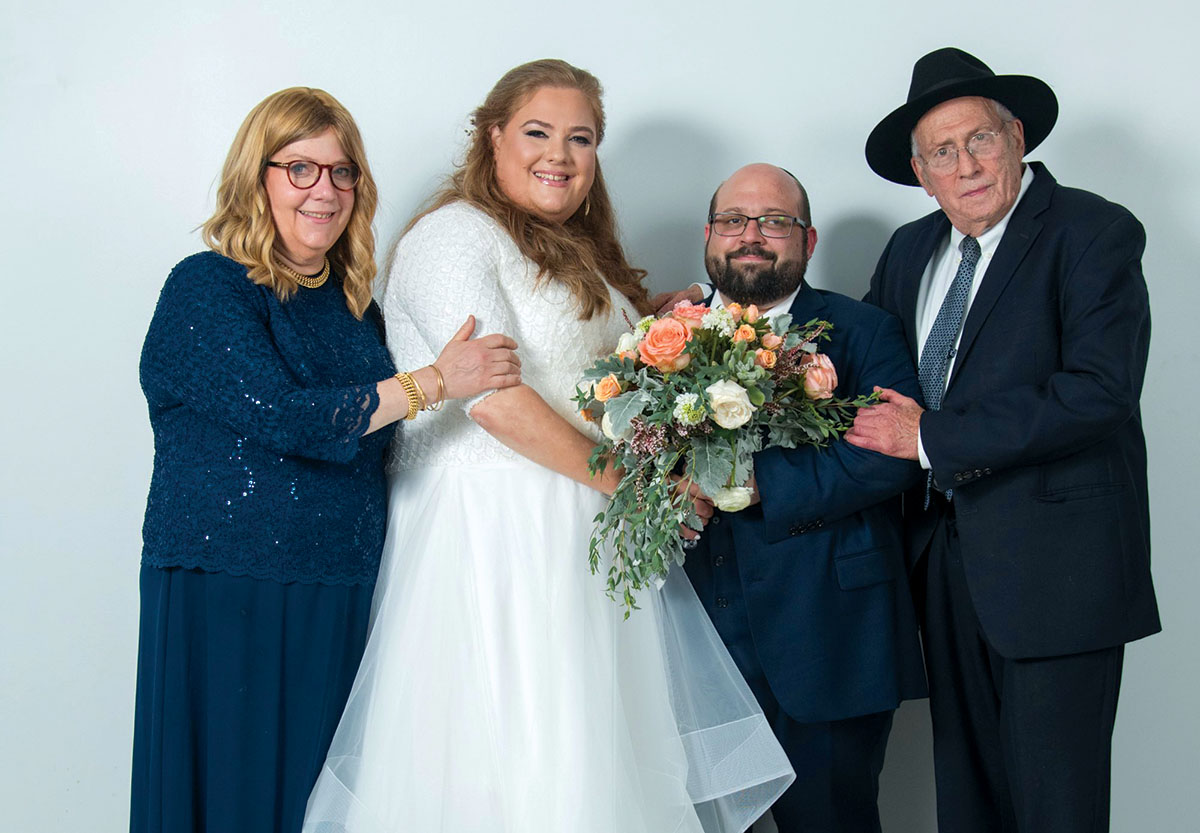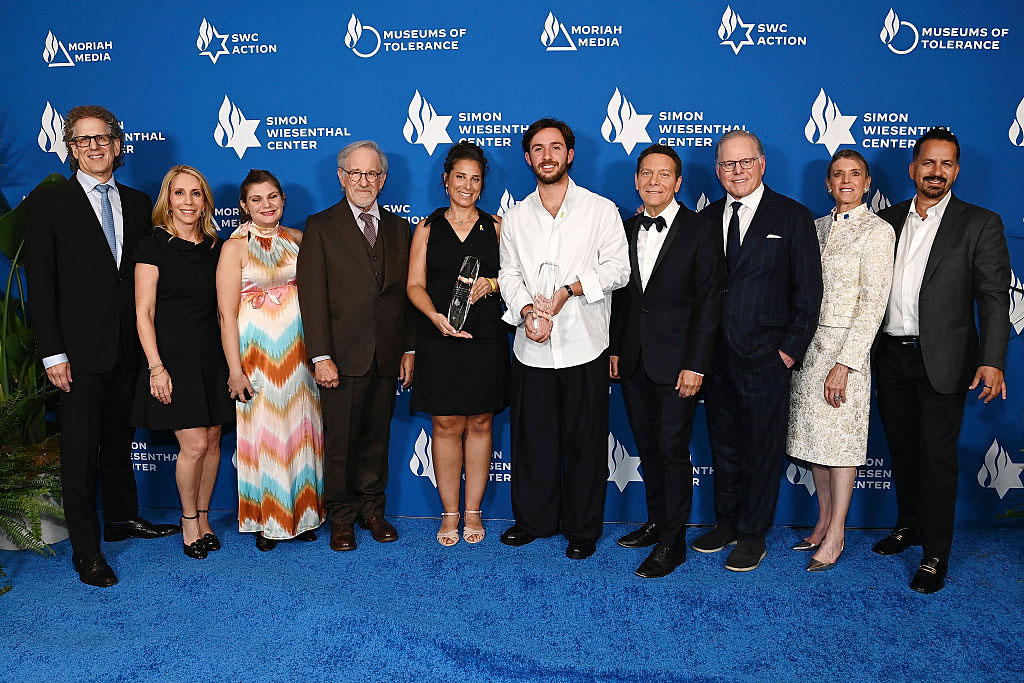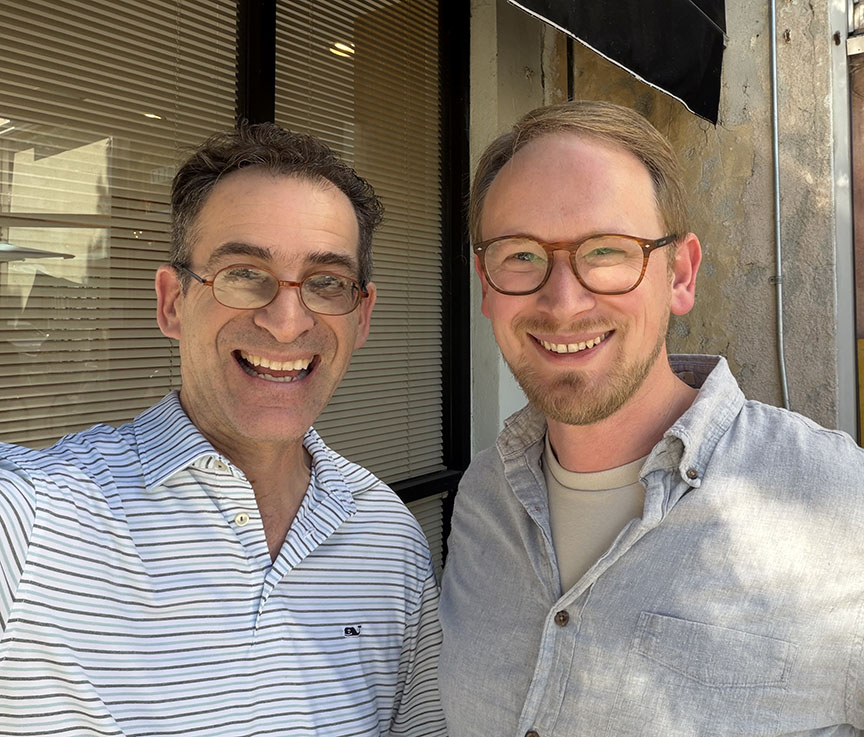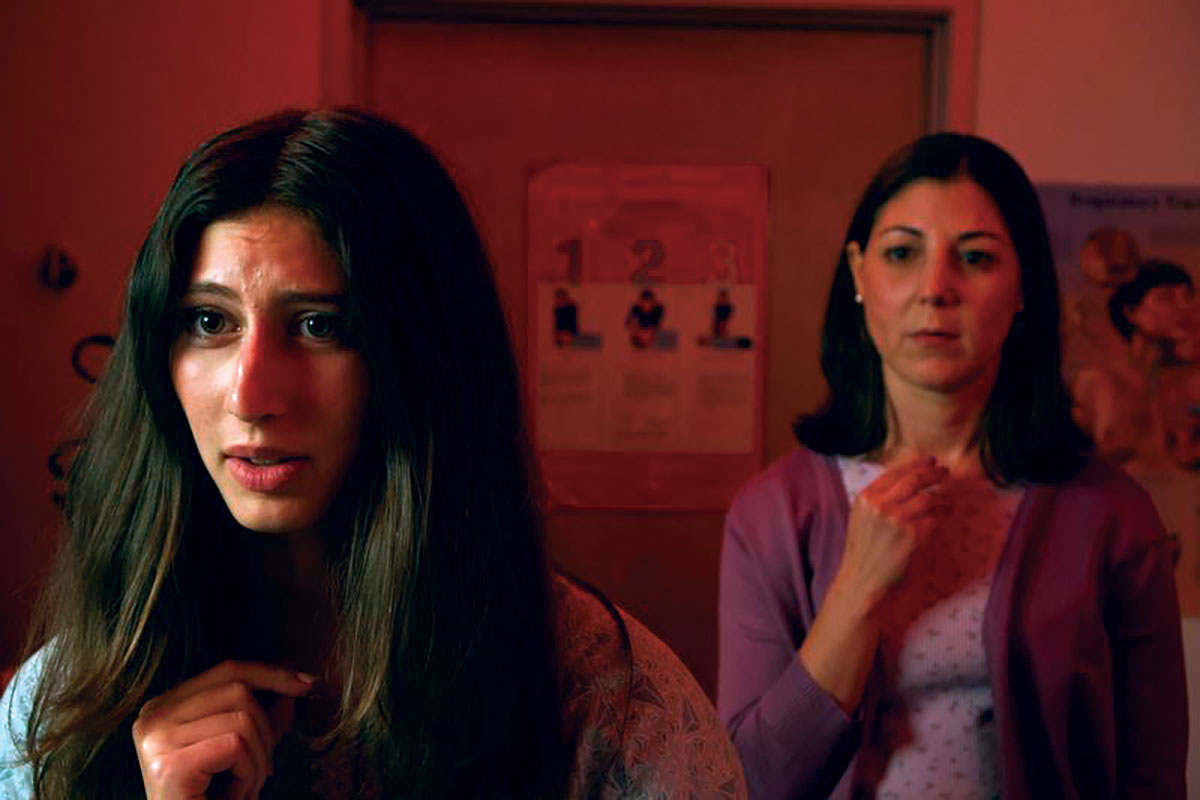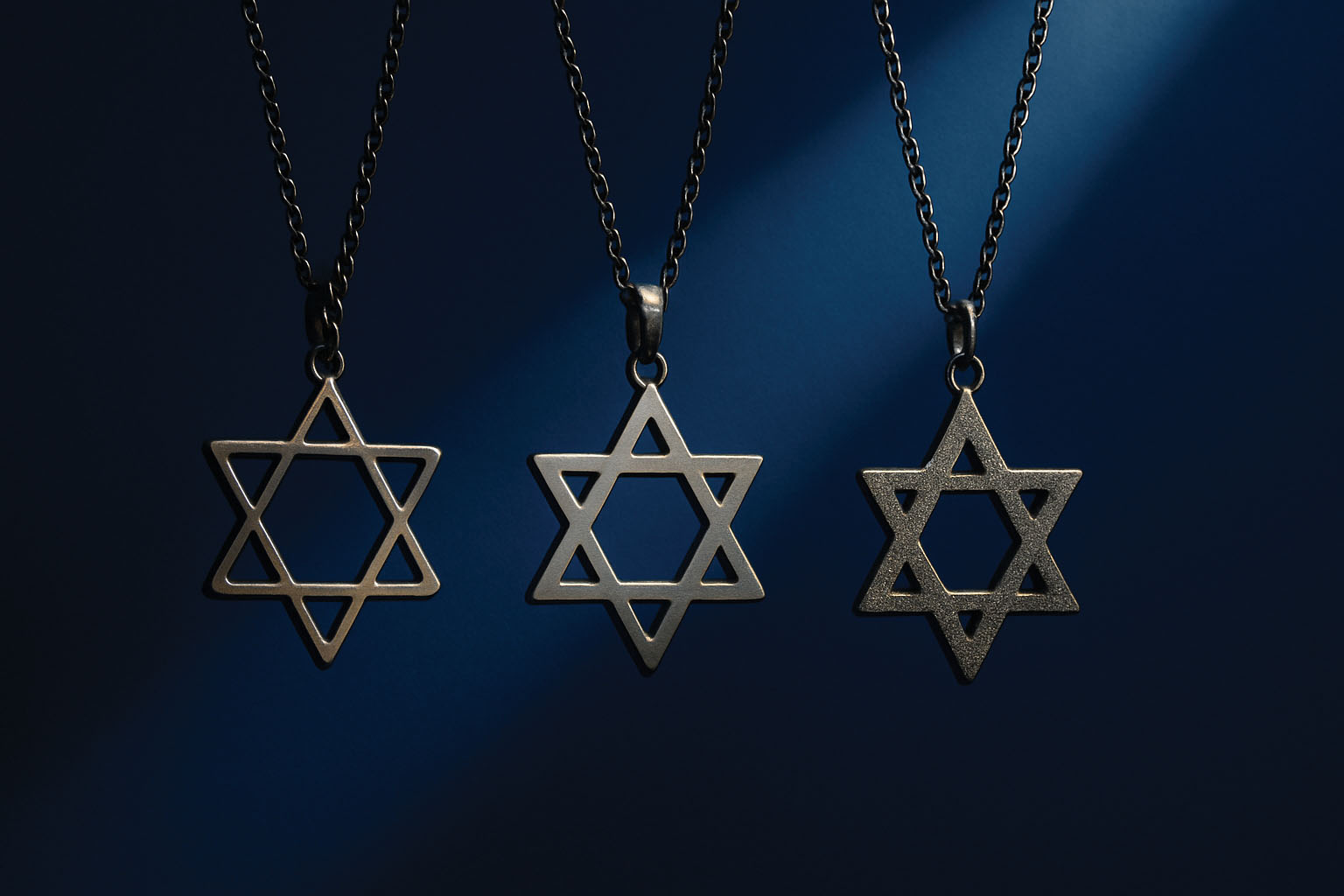
The rift between different groups of Jews has turned ugly. Prominent rabbis of one denomination have publicly accused rabbis of another of making a mockery of the faith. Other leaders have accused their ideological opponents of lacking “a scintilla of moral worth,” of presiding over houses of worship that are spiritually dead or of catering only to the rich and powerful.
Across the spectrum, triumphalism is rampant, and it is metastasizing.
Denigrating other forms of Judaism isn’t simply an expression of malice: often it emerges from a commendable love of one’s own Jewish way. It is a small step from feeling passionately about one’s own path within Judaism to the conviction that it is optimal for every Jew. It is an all-too-human temptation to project our own filter of temperament and preferences onto the world at large.
But the triumphalism emerging from every wing of Jewish expression left, center and right is killing us. It is already hard to be a passionate Jew of any kind. Materialism, secularism, despotism, indifference, resurgent antisemitism and the seductions of wealth and power all threaten the survival of our ancient sacred covenant. We hardly lack for antagonists to Judaism; what we need are allies. Kol Yisrael areivim zeh ba-zeh, all Jews depend on each other.
Every form of Judaism that meets the spiritual needs of its adherents, that elevates moral discourse and that enhances the divine image found in all people and the wonder of all creation, is necessary for our well-being.
Recognizing, in the words of the Tanya of Rabbi Shneur Zalman of Liadi, that “not all intellects and minds are alike, and the intellect of one person is not affected and excited by what affects the intellect of another,” we need to remind ourselves that the version of Judaism that works best for one Jew may not be the right fit for another. We will need many ways to be Jewish if we hope to retain the loyalty of many Jews.
What we need is a theology of difference: let a hundred Judaisms blossom! Such a vigorous pluralism would assert that it is the Holy Blessing One, manifest in flowing Torah, who properly ought to occupy the center, as we and our communities take our distinctive places around that common core.
In the pursuit of a theology of difference which would allow for multiple Judaisms for multiple personalities, Lurianic Kabbalah offers a wonderful image.
Posing the question of how a God that is beyond all comprehension, beyond all description and hence, beyond all relationship, could have fashioned a finite world, the Kabbalists articulate the image of the Sefirot, 10 emanations of God that each reflect a different aspect of God’s involvement in the world.
Ein Sof (God beyond all description) withdraws into a single, dense point, exploding out into material reality, into the Sefirot. These Sefirot are, therefore, a map both of God’s involvement and of creation itself. Since humanity is made in God’s image, the Sefirot are also found in each and every human being.
According to Kabbalah, each neshama (human soul) originates in one or another of the Sefirot. This accounts for the staggering array of human temperaments and personalities, since each Sefirah has its own emphasis and dominant emotion.
Asking why the Torah refers to God in the plural in Hebrew, as Elohim Hayim (the Living God), the Alte Rebbe responds that the plural form reminds us that God is “the Source of Life for the souls of Israel.” Each soul comes from a different Sefirah, and reflects the attributes of its unique source. For example, “the souls whose root originates in the category of chesed are inclined towards kindness in the leniency of their decisions, and so forth.”
Some Jews are more driven by a spirituality of compassion. Some are drawn to social justice (gevurah/might); some to ritual precision, yet others to cultivating an inner stillness.
Rather than saying which is better, or that some other Jewish community ought to adopt our own community’s agenda and perspective, might we not all do better to recognize that each comes from its own Sefirah, that each temperament reveals a different aspect of godliness in the world? All originate in the Holy One, and each can illumine the other.
At the same time, they might not always be able to live together: chesed Jews should fashion communities true to their Sefirah, and gevurah Jews ought to do likewise.
Temperament, no less than intellect, may drive denominational differences. But if each are understood as emerging from different Sefirot, then we can all affirm that other Jewish communities and denominations are rooted in God no less than our own.
Rabbi Dr. Bradley Shavit Artson (www.bradartson.com), a Contributing Writer of the Jewish Journal, holds the Abner and Roslyn Goldstine Dean’s Chair of the Ziegler School of Rabbinic Studies and is Vice President of American Jewish University in Los Angeles. He is also Rabbinic Leader of the Abraham Joshua Heschel Seminary in Potsdam, Germany, ordaining Conservative rabbis for Europe. He is currently completing a new book, “Wells of Wisdom: Ancient Insight to Thrive.”

